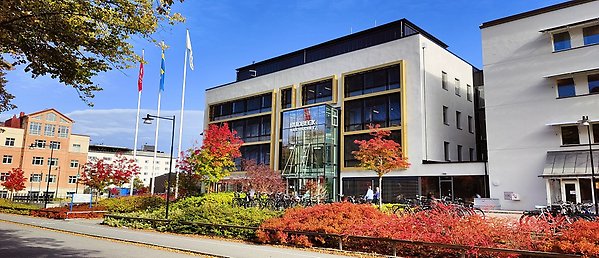The Svedberg seminar series: Ass. Prof. Daniel Espes
October 4 @ 15:15 – 16:15 CEST
SciLifeLab Fellow at Uppsala University
Daniel Espes received his completed his PhD at the Department of Medical Cell Biology, Uppsala University, in 2016 and became an Associate Professor (Docent) in Medical Cell Biology in 2019. In parallel with his research career he has worked actively as a clinical physician and became a specialist in internal medicine in 2019. In 2021 Espes joined as a SciLife Fellow and his translational group is focused on the development of clinically applicable techniques for assessing beta-cell mass alterations within the human pancreas during the development of diabetes.
Imagine Imaging Beta-Cell Mass
Type 1 diabetes is one of the most common chronic disease among children and adolescents. Due to the long-term complications associated with the disease the life-expectancy for those living with the disease is reduced by more than 10 years. Type 1 diabetes develops due to progressive loss of the insulin producing beta-cells following an immune attack. However, the underlying trigger for the immune system is still unknown. At onset of hyperglycemia 60-70% of the beta-cell mass have already been lost, based on data from autopsy studies. Currently there are no validated techniques for evaluating beta-cell mass in vivo in humans and hence our understanding of how beta-cell mass is altered in health and disease is limited to what we have learned from autopsy material. Our work is focused on establishing novel techniques for the quantification of beta-cell mass in order to increase our understanding of how diabetes develops as well as how beta-cell mass adapts in response to other conditions. In addition, we are trying to better understand the immunological and metabolic interactions within the pancreas by combining imaging techniques with functional assessments.
Host: Ass. Prof. Gustaf Christoffersson

